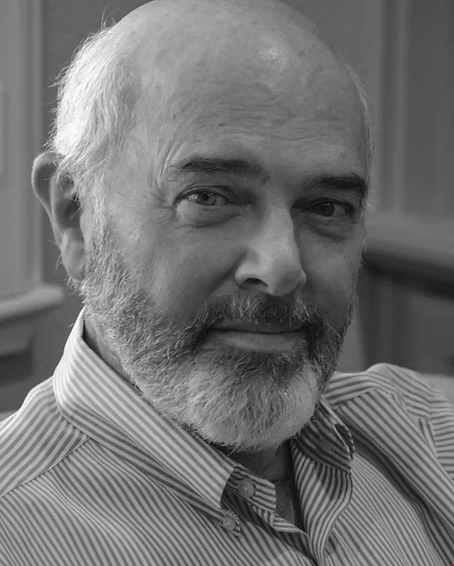 Curt A. Canfield grew up in a small town in Pennsylvania, where he acquired most of his beliefs as a Cub Scout, Boy Scout, and a Church Youth Group Leader. After graduating from high school, he enlisted in the Marine Corps during the Vietnam conflict. During his three-year enlistment, he earned two meritorious promotions, traversed most of Southeast Asia, and lost most of those beliefs.
Curt A. Canfield grew up in a small town in Pennsylvania, where he acquired most of his beliefs as a Cub Scout, Boy Scout, and a Church Youth Group Leader. After graduating from high school, he enlisted in the Marine Corps during the Vietnam conflict. During his three-year enlistment, he earned two meritorious promotions, traversed most of Southeast Asia, and lost most of those beliefs.
He went to college to understand America’s involvement in Vietnam and graduated summa cum laude with degrees in English and History with Honors. He wrote several poems and short stories that were published before he undertook a professional career, leading to a partner-level position in a management consulting firm. He practiced internationally and spoke extensively on the strategic use of information technology for the practice and management of legal services. He published numerous articles in leading law journals such as The American Lawyer and the New York Law Journal.
Curt retired in 2017 to pursue his interests in writing. His debut literary fiction novel, The Errors of Mankind: Mistaking the True Conditions for Our Well-Being was finally published in 2023 after years of research into history, philosophy, and religion.
Tell us about your book.
The Errors of Mankind is an allegory about human nature, probing into the circumstances that give rise to its evil side, as well as its redemption.
The main characters are: Will, a Vietnam veteran; Johann, a distant relative of Will’s who is a German veteran of World War II; and Lena, an Auschwitz survivor. Will is still struggling to find purpose after losing his beliefs in Vietnam while Johann still expresses a strong belief in the discredited regime he once fought for. The two begin an uneasy collaboration to deconstruct their disastrous past and overcome their cultural and familial legacies, but are ultimately led to redemption by Lena.
The novel progresses through four cycles of increasing self-awareness for each character as they interact with one another. Together, they reconcile their limited understanding of the world with the infinitude of the divine reason that created it.
The characters are fictional, but the historical events relayed are real; both provide the reader with a view of history and human nature that is not frequently explored.
Why did you want to write a book?
I graduated from college with a BA in History and English. I always wanted to write a novel that combined the two. I dabbled with it for years, but business and family always had precedence. When I retired, I had nothing but time. I gathered all my thoughts and notes and began writing.
Why did you choose to self-publish?
Many publishers weren’t interested in books that were on the wrong side of “traditional” history regarding Germany. I also think combining historical fact with fiction put them off.
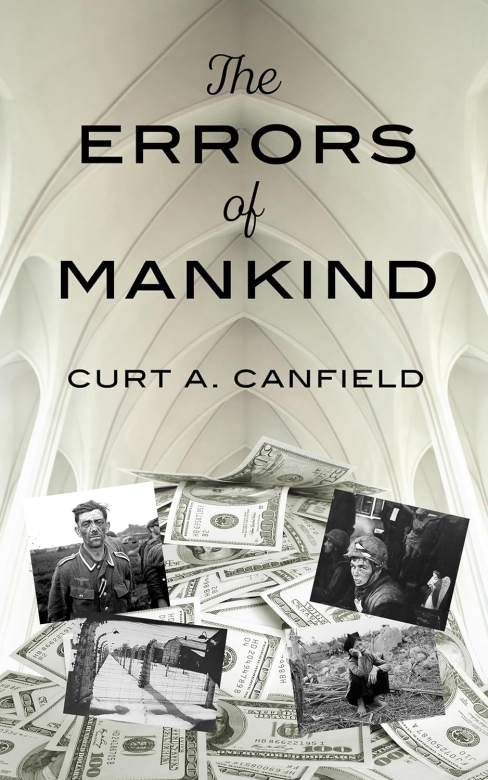 What tools or companies did you use, and what experience did you have?
What tools or companies did you use, and what experience did you have?
I used Microsoft Word to write and format the manuscript. I used Google to find online sources to back up my suppositions as I wrote down my thoughts.
Would you self-publish again?
Yes. However, one day I will try and approach a publisher with the series of three books I have written.
What do you think are the main pitfalls for indie writers?
I suppose that depends on the individual. The pitfall with The Errors of Mankind was the scope, length, and duration of what I was trying to express. I had to pare down the length without losing the impact and meaning behind the message. It took me five years and over twenty drafts.
What tips can you give other authors looking to self-publish?
Get familiar with the technology – or hire someone who is.
What was your steepest learning curve during the publishing process?
Formatting the manuscript. Designing the cover and making it fit the book size.
As a writer, what is your schedule? How do you get the job done?
I generally write in the morning, from 9:00 am to 11:00 am. It is mentally tough work.
How do you deal with writer’s block?
Walk away from writing and wait for an idea to overcome it.
Tell us about the genre you wrote in, and why you chose to write this sort of book.
The Errors of Mankind spans genres, both historical fact and literary fiction. I chose to write this sort of book because it involved history that was generally not known and involved flesh-and-blood characters that were involved in it.
Who are your biggest writing inspirations and why?
Hemingway and F. Scott Fitzgerald. Hemingway wrote in a terse style that I liked. Fitzgerald wrote from his heart, which I admired and caught my attention.
How do your friends and family get involved with your writing? What do they think of your book?
They didn’t get involved in the writing, although they inspired many of the characters in the book. I know some of them have read the book, but they never told me their feelings about the book.
What are your plans now that your book is published?
After writing The Errors of Mankind, I saw the potential for a sequel. I have now completed a sequel and finished another to make it a trilogy.
Why did you write about this particular subject?
The genesis for The Errors of Mankind was that I was half-German. My mother never spoke about it. I grew up in Pennsylvania Dutch (Deutsch) country and was surrounded by good, hardworking Germans. I wondered what happened to drive them into two World Wars.
I spent the next five years researching and found some things that were never recorded in history books. The omissions drove me to write a book about it in order to enlighten the world about why. I grew up during the 60s and enlisted in the Marines to fight in the Vietnam War. I soon realized that I didn’t understand why our country wasted so much of its resources, including human, to wage that war. In this book, I explored the country’s psyche and my own.
What did you learn on your journey as an author?
Patience. Empathy. And nothing is ever as true as you think.
What’s next for you as an author?
I’ve written two books that follow up on The Errors of Mankind. One is Better is the End, and the other (not yet published) is Manuela.
Author Links
Get an Editorial Review | Get Amazon Sales & Reviews | Get Edited | Get Beta Readers | Enter the SPR Book Awards | Other Marketing Services


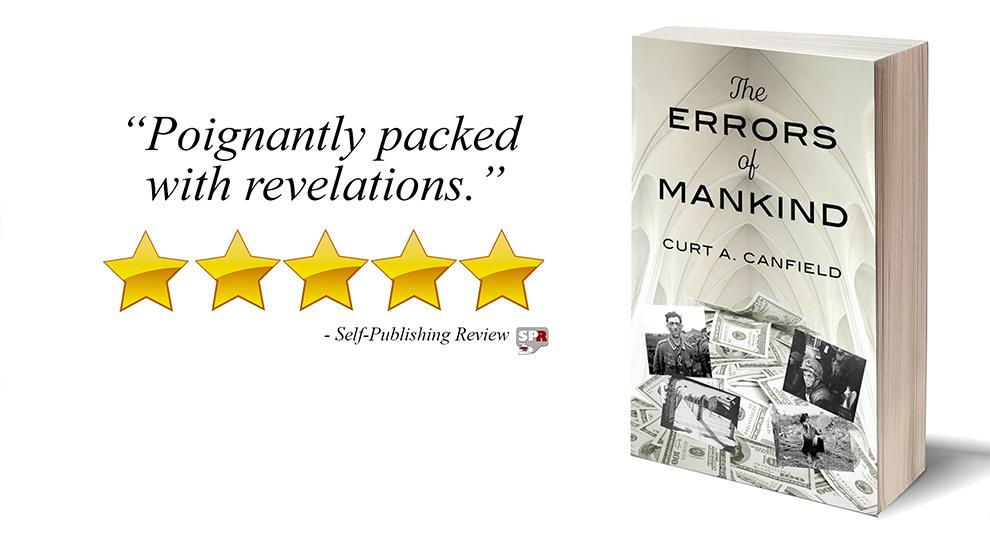
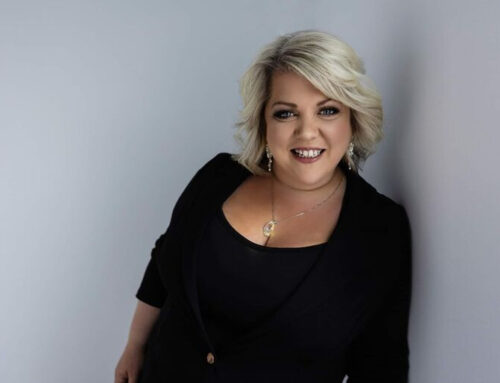
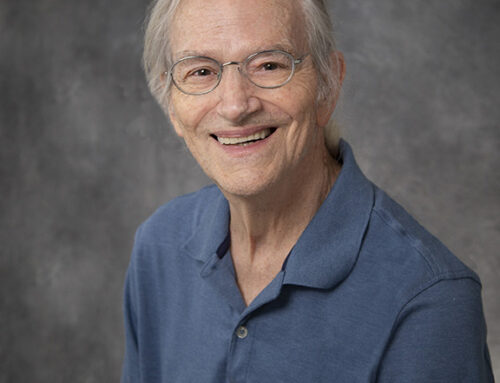
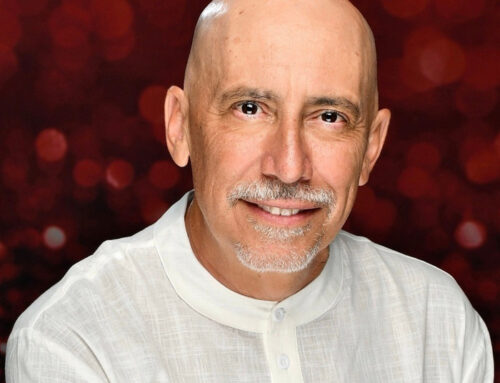
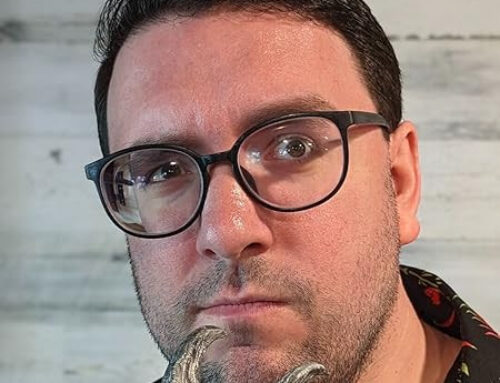
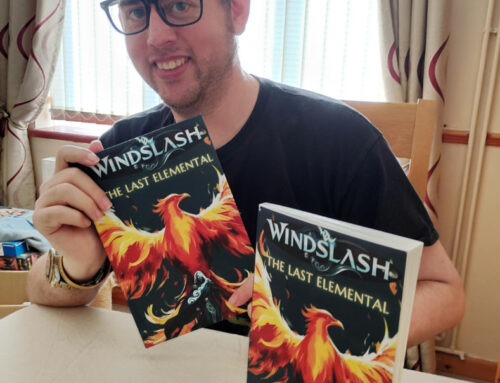
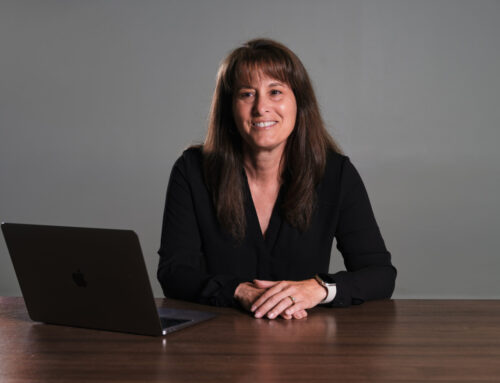
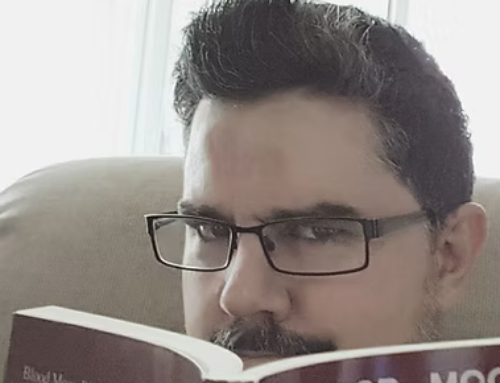













Leave A Comment